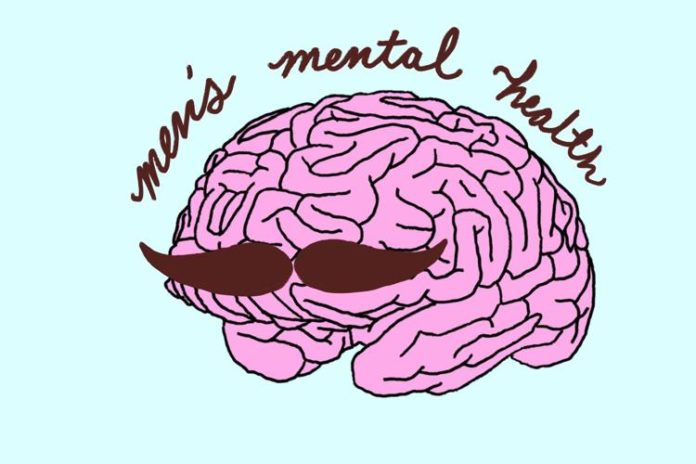This November brings more than the cold to campus — there might be an influx of mustaches, too.
As a part of Movember, a movement to bring awareness to men’s health issues, over half of the fraternities at the University of Nebraska-Lincoln are growing mustaches during the month of November to raise awareness for mental health, suicide prevention, prostate cancer and testicular cancer.
“I really noticed in Greek life that we struggled to get different fraternity men to talk about their issues,” said Kyle Schroeder, the director of community service and philanthropy for UNL’s Interfraternity Council. “By us being able to have these conversations, it helps erase that stigma and gets people feeling like it’s okay to talk about what’s going on in your life.”
Men are 3.88 times more likely to complete suicide than females, and it is the second leading cause of death in people ages 10-44 in Nebraska.
“Men can sort of turn themselves off in a way when they’re going through these rough life events, and so they don’t talk about it,” Schroeder said. “We’ve seen, unfortunately, people let things build up. They feel like they don’t have any other option.”
Erasing the stigma around mental health has to come from the students, according to Joey Walloch, assistant director at Counseling and Psychological Services at UNL.
“It’s more powerful when peers talk about this with each other,” Walloch said. “The more organizations that make space for discussing more sensitive issues…people around them see that it’s okay and it’s welcomed.”
Sometimes, all it takes is asking someone how they are doing to let them know you are there for them, according to Walloch.
“When it’s asked about, it lets them know that you’re okay talking about it,” Walloch said.
Students, faculty and staff are encouraged to complete REACH training, which is offered by Big Red Resilience and Well-Being.
“They teach you how to recognize early warning signs,” Schroeder said. “It teaches you the tools to be able to talk to that person and be able to direct them to the right resources on campus.”
Mental health awareness has come a long way — especially in fraternities — since Schroeder’s freshman year of college, he said.
“We kind of knew about it and maybe glossed over it once a semester,” Schroeder said. “It was just telling you to go seek help, but we wouldn’t know how to seek help [or] where to seek help.”
While growing out a mustache may seem like a small act, it will hopefully continue working towards breaking the stigma, according to Schroeder.
“It may not be the biggest step we could take,” Schroeder said. “I think it’s one of the smaller ones that will really get the ball rolling and start that snowball effect, to where mental health will get the right recognition and community help that it deserves.”





















